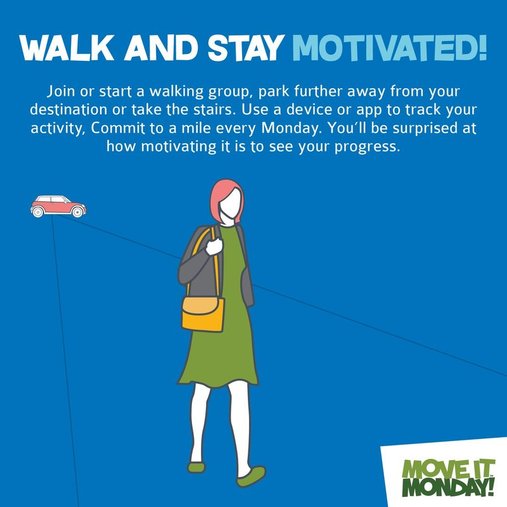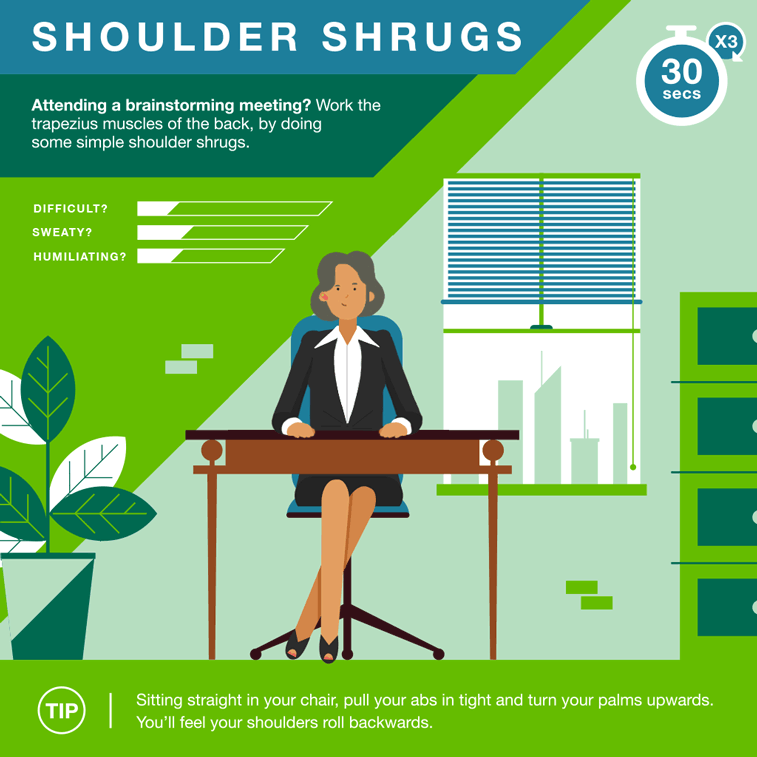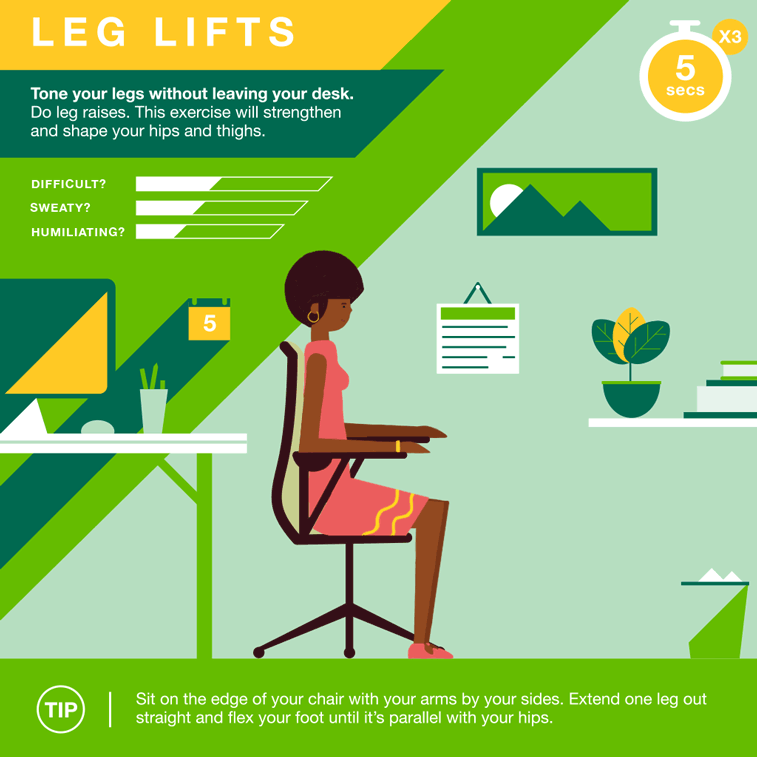|
Breathe
Why Walk for Exercise?
Start the CACFP Monday Mile
Monday Mile from MoveItMonday Walking Apps
Walking apps can help motivate you and turn your walking sessions into fitness workouts. You may be inspired to walk faster and go farther. Try a few before you pick your favorite—everyone likes something different. Charity Miles Map My Walk Walkmeter Walking & Hiking GPS by Abvio Argus by Azumio Fitbit App MobileTracker (No Fitbit Required) You can download the free Fitbit app for your operating system. Then when you set up the app, it will ask which tracker you are setting up. Choose "No Fitbit Yet" and it will set up the MobileTracker. Now it will track your all-day activity sensed by your phone's built-in accelerometer. You'll get a step count and hourly graphs. Whether you have a Fitbit tracker or not, you can track workouts with GPS speed and distance using the Track Exercise function. From the home screen, tap the + icon and select Walk, Run, or Hike.
Take It Anywhere, Just Add Walking5 Ways You Could be Sabotaging your health and How to fix them Blog
Read the blog or see below for the 5 steps: 5 Ways You Could Be Sabotaging Your Health and How to Fix Them 1. NEGATIVE SELF-TALK
Our inner dialogue can directly impact our success and happiness. Maybe you find yourself wishing and telling yourself you “should” do something, which can lead to inactivity. Moreover, shame never motivates positive behavior change. Fix: Examine your daily mantra and find ways to interject positivity. Accept where you’re at currently and speak kindly to yourself and you’ll notice it will help motivate you more. 2. SPENDING TOO MUCH TIME ON SOCIAL MEDIA
The average person spends almost two hours per day on social media. While apps like Instagram and Facebook can be a positive point of connection, it’s easy to fall into the comparison trap, which can make you feel sad, frustrated and isolated. Aside from messages that could affect mood and motivation, the sheer hours spent plugged in squanders precious time available to take action on health goals such meal prepping and exercising. Fix: Schedule a set amount of time, and maybe even time of day, to check your social media networks, then shut it down. Do NOT Turn on Notifications! 3. STAYING INDOORS ALL DAY
When you spend 8+ hours at an office (often sitting behind a computer screen) and then rush home to cook dinner, clean and get the kids in bed, it doesn’t leave much time for getting outside. Getting a little fresh air daily is important because sunshine boosts vitamin D levels and serotonin, a hormone that helps improve mood. Fix: Easy Peasy, Go for a walk and aim to spend at least 15–30 minutes outside to reap nature’s calming effects. 4. WAITING TO START UNTIL TOMORROW
Continually telling yourself you’ll start eating better and actually go to that exercise class tomorrow is an unproductive mentality that can lead to procrastination. There will never be a perfect time to make a change. Fix: Try setting a timer to tackle some of your goals. Just 15 minutes of walking or cooking can go a long way. Eventually, those 15 minutes can extend to 20 or 30 minutes. Small changes add up and can help ensure success long-term. 5. FORGETTING TO CARVE OUT TIME FOR YOURSELF
Between family, work, friends and life, it can be hard to remember (or figure out how) to take time for self-care. Fix: Start by setting reminders on your phone to take a walk break, grab a sip of water, have a healthy snack or call the doctor to schedule an appointment. At least once a week, make a plan to do the things you enjoy — head to the park with family, meet a friend for an exercise class or book a spa day. Protect your brain from stress
It's not uncommon to feel disorganized and forgetful when you're under a lot of stress. But over the long term, stress may actually change your brain in ways that affect your memory. Studies in both animals and people show pretty clearly that stress can affect how the brain functions, says Dr. Kerry Ressler, chief scientific officer at McLean Hospital and professor of psychiatry at Harvard Medical School. Scientists have seen changes in how the brain processes information when people experience either real-life stress or stress manufactured in a research setting. (For the latter, researchers might challenge subjects to perform a difficult task, such as counting backward from the number 1,073 by 13s while being graded.) Either type of stress seems to interfere with cognition, attention, and memory, he says. Stress affects not only memory and many other brain functions, like mood and anxiety, but also promotes inflammation, which adversely affects heart health, says Jill Goldstein, a professor of psychiatry and medicine at Harvard Medical School. Thus, stress has been associated with multiple chronic diseases of the brain and heart. In addition, it can affect men and women differently, she says. Read the rest of the story here. |
No Time for Health and wellness
Breakfast Make aheads Make-ahead breakfast sandwich Stephanie Metzner, registered dietitian and program manager at Sharp Rees-Stealy "These grab-and-go sandwiches are a healthy, fiber-filled source of carbohydrates for energy and lean protein to keep you feeling full until lunch. I pair a breakfast sandwich with a piece of fruit to make it heartier on mornings where I feel hungrier. Make a batch of six on the weekend and then warm in the toaster oven for one to two minutes in the morning for breakfast." Ingredients 6 whole-wheat English muffins 12 egg whites 6 slices low-fat mozzarella or thinly sliced cheddar cheese Your choice of vegetables, chopped into 1-inch pieces (Metzner likes spinach, red peppers, mushrooms) Salt and pepper to taste Directions Preheat oven to 375° F. Toast English muffins cut-side-up on a baking sheet in the oven for 2-3 minutes. Whisk egg whites. Mix in chopped veggies and salt and pepper. Scramble eggs and veggies on stove top. Assemble breakfast sandwiches — place scrambled eggs and one slice of cheese on bottom of English muffin half. Place other English muffin half on top. Wrap each sandwich in a square of aluminum foil. Put all sandwiches in a freezer bag or container. Freeze for up to 1 month. Yields 6 sandwiches. travel Healthy
Here’s how to stay healthy and active when you’re on the road, whether it’s a vacation or traveling for work or business. When you’re away from home and your regular routine, it just takes a bit of effort to build in healthy options and activities. Travel Regret-Free, Not Regretfully. Travel can be tough on healthy habits. Vacations are often seen as a time to eat whatever you want (which may be a lot) and do whatever you want (which is often nothing at all), while business travel may take you away from your regular gym and home-cooked meal routine. Unfortunately, there’s no quick recovery from a week of lounging by the pool or having drinks out with clients. Research proves that weight gained on vacation hangs around for weeks after the party’s over.1 Why not maintain your healthy mindset on your vacation instead of undoing the hard work you put in all year long? Let’s look at some ways to take care of your body (and mind) while on the road for business or pleasure. Move MoreGoing out of town doesn’t have to mean getting out of shape. Here’s how to stay active while traveling:
Credit: American Heart Association http://www.heart.org/en/healthy-living/fitness/getting-active/healthy-travel The researchers looked at how five low-risk lifestyle factors
Maintaining five healthy habits -- eating a healthy diet, exercising regularly, keeping a healthy body weight, not drinking too much alcohol, and not smoking -- during adulthood may add more than a decade to life expectancy, according to a new study. The researchers looked at how five low-risk lifestyle factors -- not smoking, low body mass index (18.5-24.9 kg/m2), at least 30 minutes or more per day of moderate to vigorous physical activity, moderate alcohol intake (for example, up to about one 5-ounce glass of wine per day for women, or up to two glasses for men), and a healthy diet -- might impact mortality. The rest of the story Simple Changes
Apps for your health and wellness
Nutrition Trackers: With USDA's SuperTracker discontinued, we looked a few others. Take a look. Fooducate or download the app UnderArmour MyFitnessPal Livestrong MyPlate Food Tracker Deskercise
Find out more about deskercise
|








